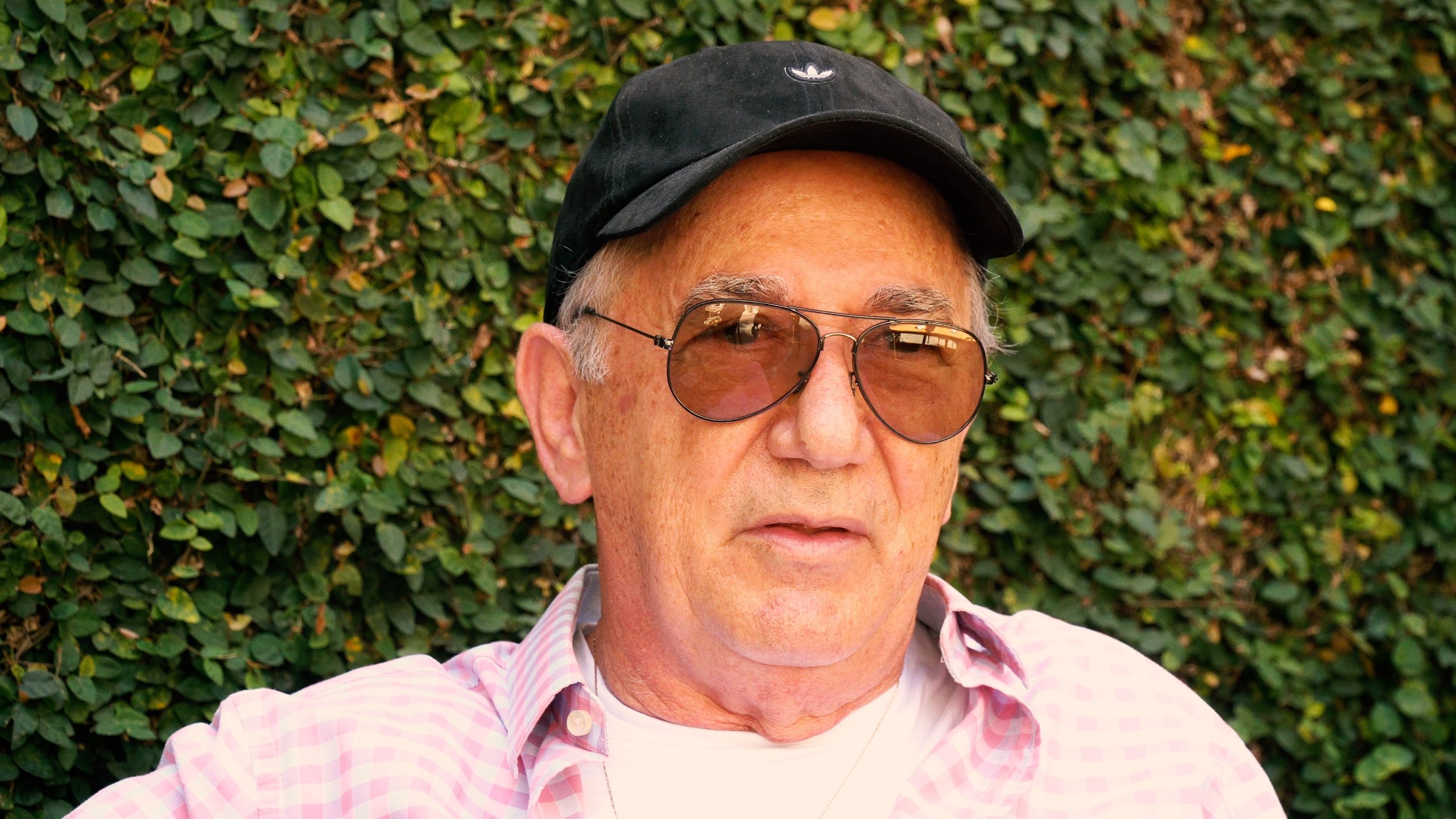IMS, Equipe. A frame for Clarice Lispector. IMS Clarice Lispector, 2021. Disponível em: https://site.claricelispector.ims.com.br/en/2021/09/16/a-frame-for-clarice-lispector/. Acesso em: 26 July 2024.
In the 1960s, the Spaniard Jaime Vilaseca was a carpenter in Rio de Janeiro until a fateful encounter with Clarice Lispector, for whom he had gone to make a bookcase in her apartment in the Leme neighborhood. The writer had silently watched him working during those days, and when the furniture was finished, she looked at him and said: “You’re going to be a framer.” Faced with the man’s hesitation, she completed the prediction: “You won’t escape your destiny!” Since then, for over fifty years, Jaime Vilaseca has lived off this profession, for which he is renowned, besides having become a curator and owner of an art gallery. In this conversation with the poet Eucanaã Ferraz, the framer talks about his friendship with Clarice Lispector and tells his stories that served as a source of inspiration for texts by the writer, such as the famous short story “The First Kiss,” from the book Covert Joy.
See also
 by Victor Heringer
by Victor Heringer
The year 2017 marked the 40th anniversary of The Hour of the Star, the last book written by Clarice Lispector, which was published in the year of her death.
 by Elizama Almeida
by Elizama Almeida
 by Elizama Almeida
by Elizama Almeida
In 1970, Clarice Lispector started to write a work that would come to be called Água Viva. Published at the end of August 1973 by Artenova, what follows is a manuscript.
 by Alexandre Nodari
by Alexandre Nodari
It has become commonplace to say that Clarice Lispector’s writing seeks to overcome the limits of language which the author names “it,” “nucleus,” “thing,” “unsayable,” “silence.”
 by Bruno Cosentino
by Bruno Cosentino
The writer Ana Maria Machado had an unusual and emotional episode with Clarice Lispector. This happened in 1975. After having read an article by Ana Maria, published that very day in the Jornal do Brasil, about the birthday of the writer Roland Barthes, Clarice, who did not know her personally, insistently asked her for help to organize what in two years would be the book The Hour of the Star.
 by Bruno Cosentino
by Bruno Cosentino
Caetano Veloso says that when he showed the acoustic version of his song “Odeio” (I hate), which would be included on the Cê album, to his friend and composer Jorge Mautner, the latter cried and told him that it was the most beautiful love song that he had ever heard.







